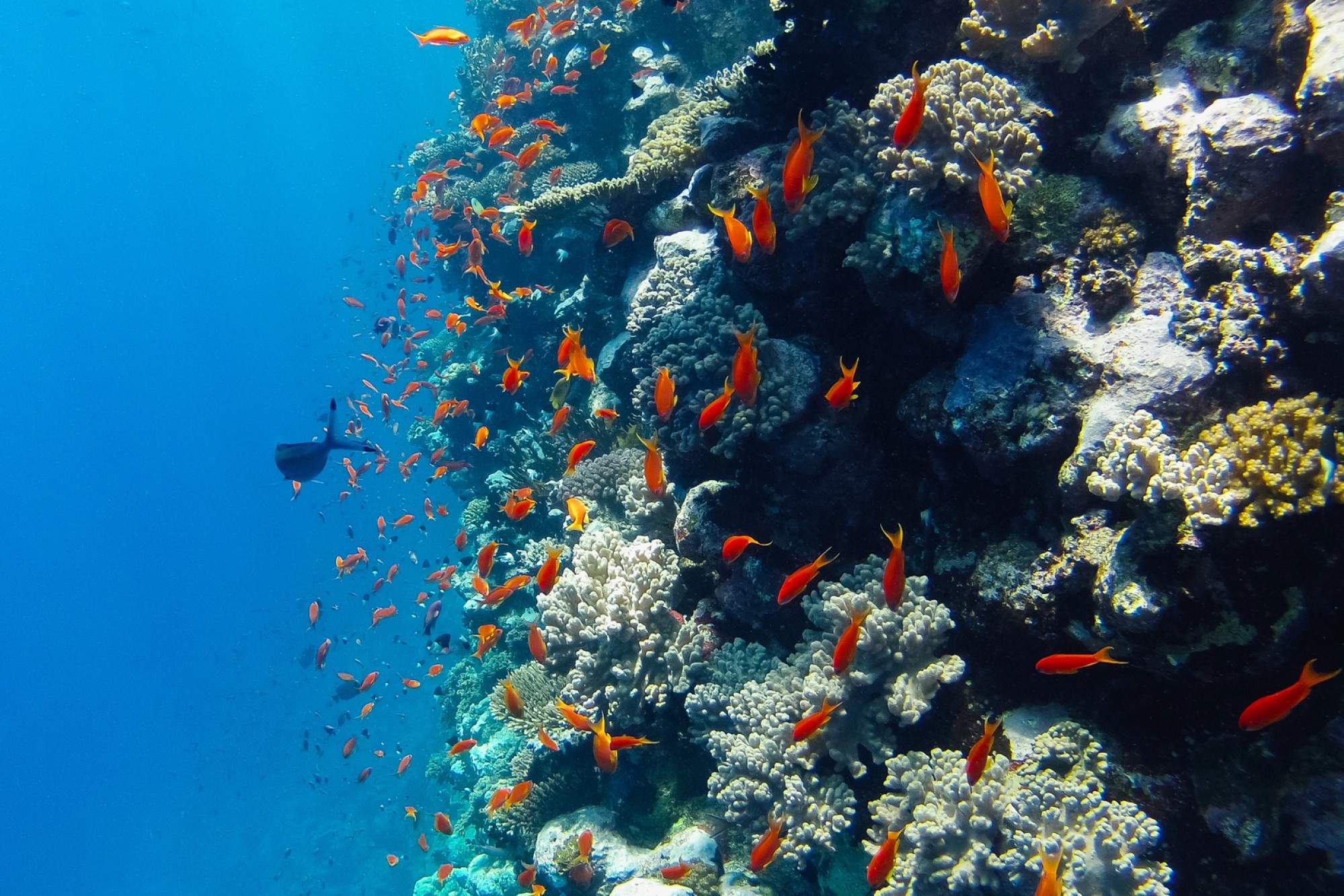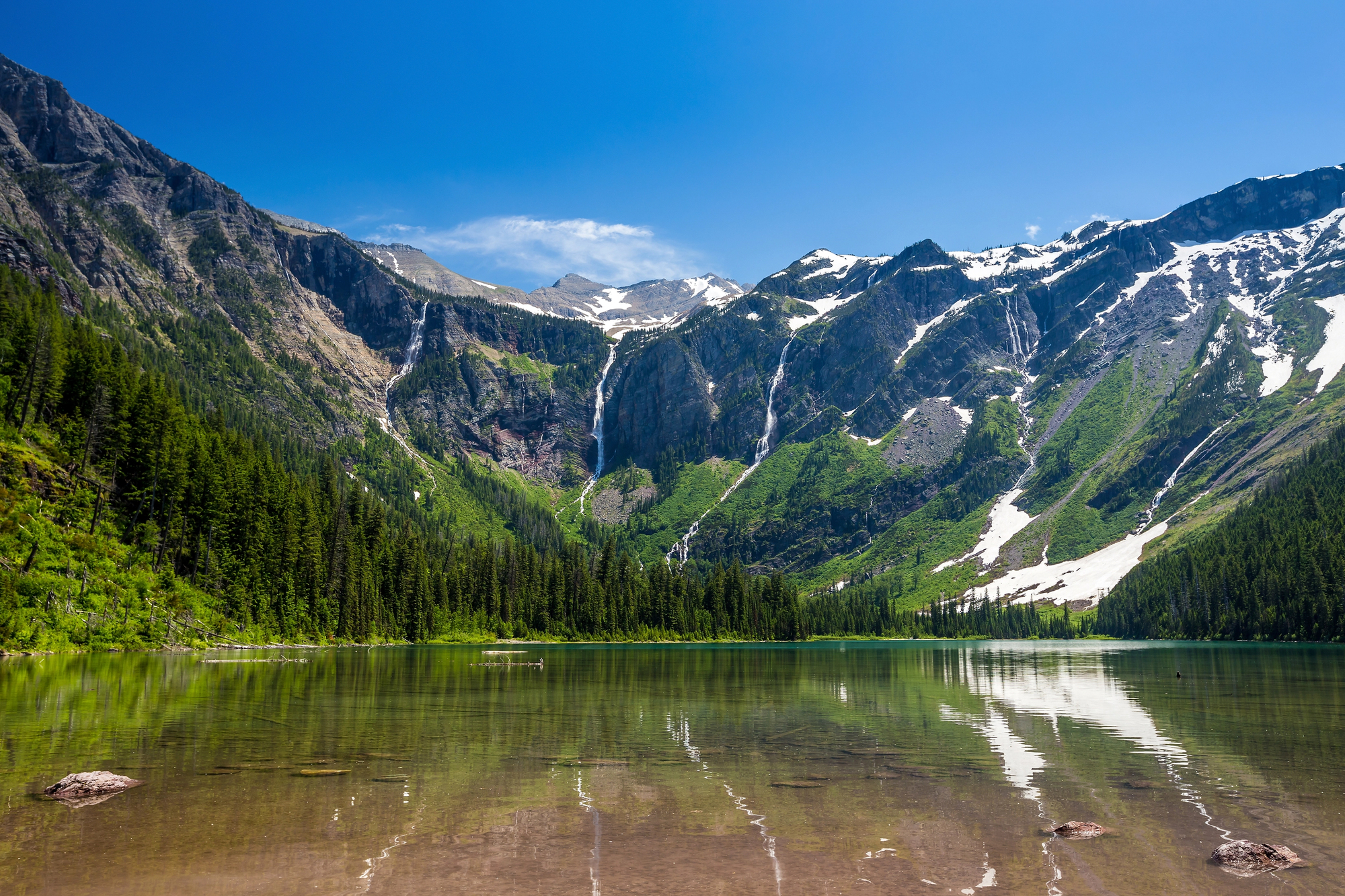Why Isn’t Everybody Panicking? Scientific Reticence and the Duty to Scare People

In 2017, journalist David Wallace-Wells published an article, The Uninhabitable Earth, which told a frightening tale of possible scenes from a bad to worst-case scenario outcome of the effects of global warming, ecological degradation, and widespread pollution – effects ranging from extreme weather, sea-level rise, and wildfire to mass migration, food scarcity, and social collapse. “It is, I promise, worse than you think.” writes Wallace-Wells, “no matter how well-informed you are.”
The knowledge of how bad it could be has been around for a while. James Hansen first presented the case for possible harms of global warming, caused by the burning of fossil fuels, to the US congress in 1988. Given that the scientific evidence has always been out there for anyone to see (even though media reporting has usually been lean), why is it worse than we think?
There is an epistemic failure occurring: people in the affluent, industrialized world do not, in general, appear to know how bad the climate crisis is, and do not, in general, appear to appreciate how much worse things will get if we continue to burn fossil fuels and pollute the atmosphere.
There are two distinct but related knowledge gaps opening up – between previous scientific prediction and what is actually happening, and between what scientists know is really happening and what the public thinks.
The first problem arises from factors about the nature of climate science itself, like in-exactitude of knowledge. We cannot be sure, for instance, what precise degree of warming will result from exactly what new concentration of greenhouse gasses in the atmosphere. The world appears to be warming faster, as ice melt and other such indicators are accelerating much faster that was predicted only a decade ago. A year ago, scientists concluded that the Earth’s oceans were warming 40 per cent faster than previously believed.
The second problem, that the public does not really know what scientists know, is not simply a problem of dissemination. The possible ramifications, from possible physical changes to the environment, to the social and humanitarian effects of these does not come straight off the data – it takes interpretation, thought, and imagination.
Doubtless, part of the knowledge difficulty, the epistemic deficit, is a form of cognitive dissonance. It is hard to imagine the scale of the problem. “Climate induced societal collapse is now inevitable in the near term” writes Professor of Sustainability Jem Bendell, “it may be too late to avert environmental catastrophe.” Part of the problem is that this does in fact sound like a crazy dystopian fiction.
This failure of the imagination is related to the problem of scientific reticence, which some have recently argued is having an adverse effect on policy action, and is even a dereliction of an ethical duty to seriously entertain possible (if extreme) scenarios. Scientific reticence arises both methodologically and stylistically. It takes the form of a tendency to understate the risks of global warming.
For instance, much of the scientific modelling, such as that used by the IPCC, has tended to largely underestimate the risks. IPCC climate modelling does not account for tipping points that result in non-linear, rapid, and irreversible chunks of damage, and trigger uncontrollable impacts. Melting sea ice and permafrost are some well-known tipping points. When sea ice melts, temperature rises are compounded by the reduction in reflective surfaces; and when permafrost thaws, large amounts of greenhouse gasses will be released and warming will leap.
Added to the difficulties of prediction and blind spots in the modelling capabilities is the generally conservative nature of science as a discipline. A great deal of the surrounding scientific literature to emerge over several decades has been conservative in its estimates of effects. That conservatism has meant that scientists are not conveying bad or worst-case scenarios to the public or policy makers.
When Wallace-Wells published his article, there was some pushback from climate scientists. Some felt that the science was not served by dramatizing the outcomes, and that really dire predictions might undermine scientific integrity with alarmism. There are some signs this attitude is beginning to change, but there are deeply embedded methodological, stylistic, and even ethical reasons for scientific caution.
Wallace-Wells says that he wrote The Uninhabitable Earth to address the fact that possible worse cases were not being talked about in scientific papers. (James Hansen is a notable exception to this, and he has written about the phenomenon of scientific reticence.)
Drawing attention to the dangers of global warming has at times caused cries of alarmism, and it has been suggested by Hansen that cautious or hesitant predictions are often perceived to carry more authority. The problem is that, now, it is looking like some of those worst-case scenarios are going to be much closer to the truth than the conservative underplay of catastrophe.
In any case it is becoming clear that science has not been effective at communicating the worst risks of climate change, therefore those who need to know these possibilities – the public and policy makers – have been ill-informed and ill-served.
In their paper What Lies Beneath, which explores the failures and blind spots of climate science’s understanding of the effects of global warming, Spratt and Dunlop write: “It is now becoming dangerously misleading, given the acceleration of climate impacts globally. What were lower-probability, higher-impact events are now becoming more likely.”
Scientific reticence has hindered communication to the public of the true dangers of global warming. This may in turn have directly (and indirectly) hindered action, which in turn has worsened the problem. Given that the findings of climate science research have existential implications for us, it could be argued that not entertaining the worst potential outcomes is a dereliction of moral duty as well as our duty to science.
There is a view that it is dangerous to frighten people too much, that the relevant information and worst risks worth considering are enough to scare the public into a sense of fatalism. Indeed, the news is bad, and at this critical time, resignation may be the last nail in the coffin (so to speak).
On ordinary scientific standards, incontrovertible confirmation will happen only when an effect has played out, or begun, and it will then be too late to abate it. The central ethical issue here is that ethics seems to be making an unusual demand on scientific communication, and on the translation of research data into conclusions needed by the public and policymakers – the demand to be a little more scary.
One could argue that man-made effects, which are likely to be harmful, should be treated differently from other types of observations and predictions, by virtue of what is at stake – and because caution could in this instance be a vice.
People aren’t scared enough about global warming. It is, as Wallace-Wells says, worse than people think – and though it may not be as bad as his picture, the trend so far points in that direction.
Having made that case, though, it must be acknowledged that scientific reticence might be peanuts next to the obfuscations of fossil fuel corporate rapaciousness, as a cause of the epistemic deficit our societies are in the (hopefully loosening) grip of.




